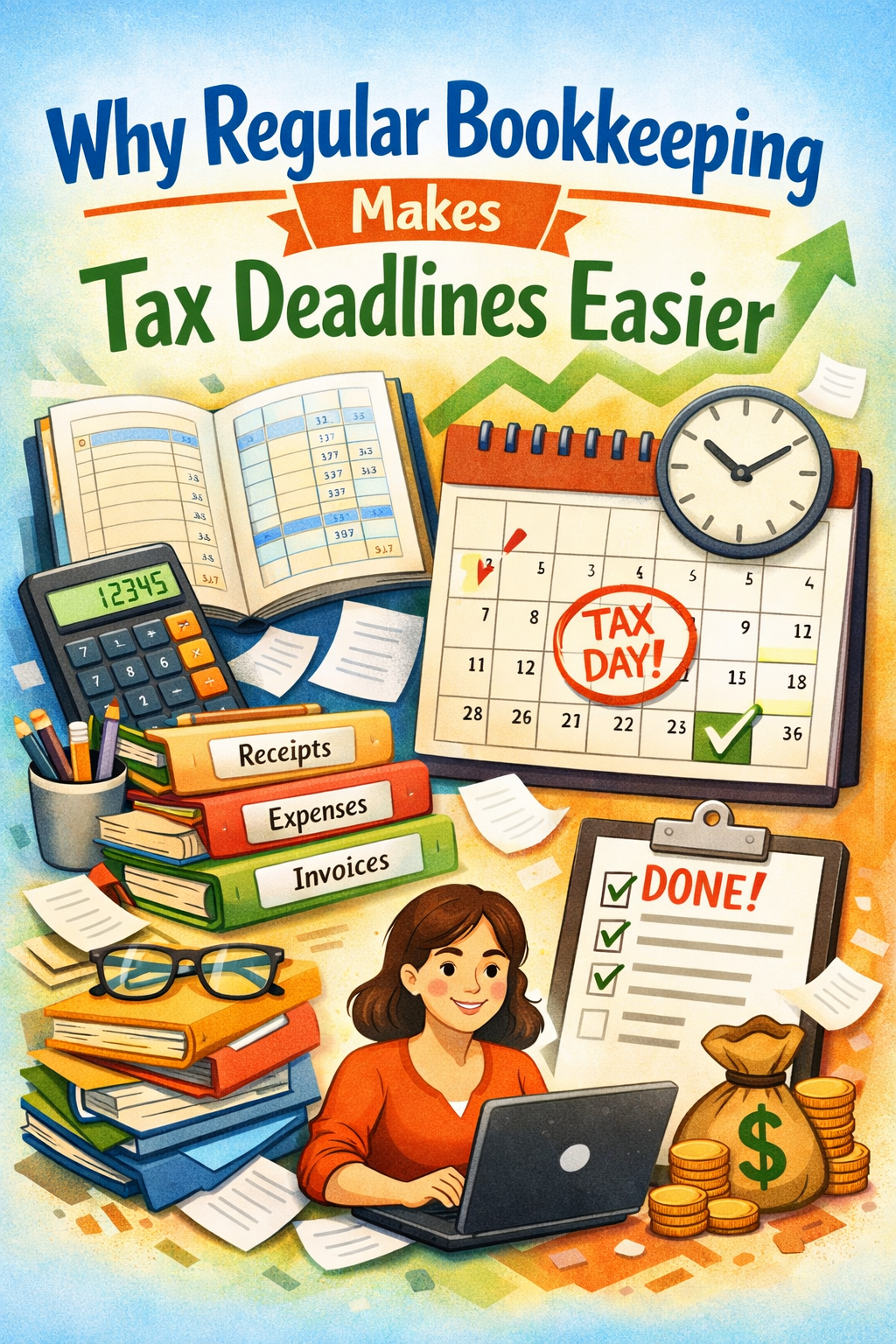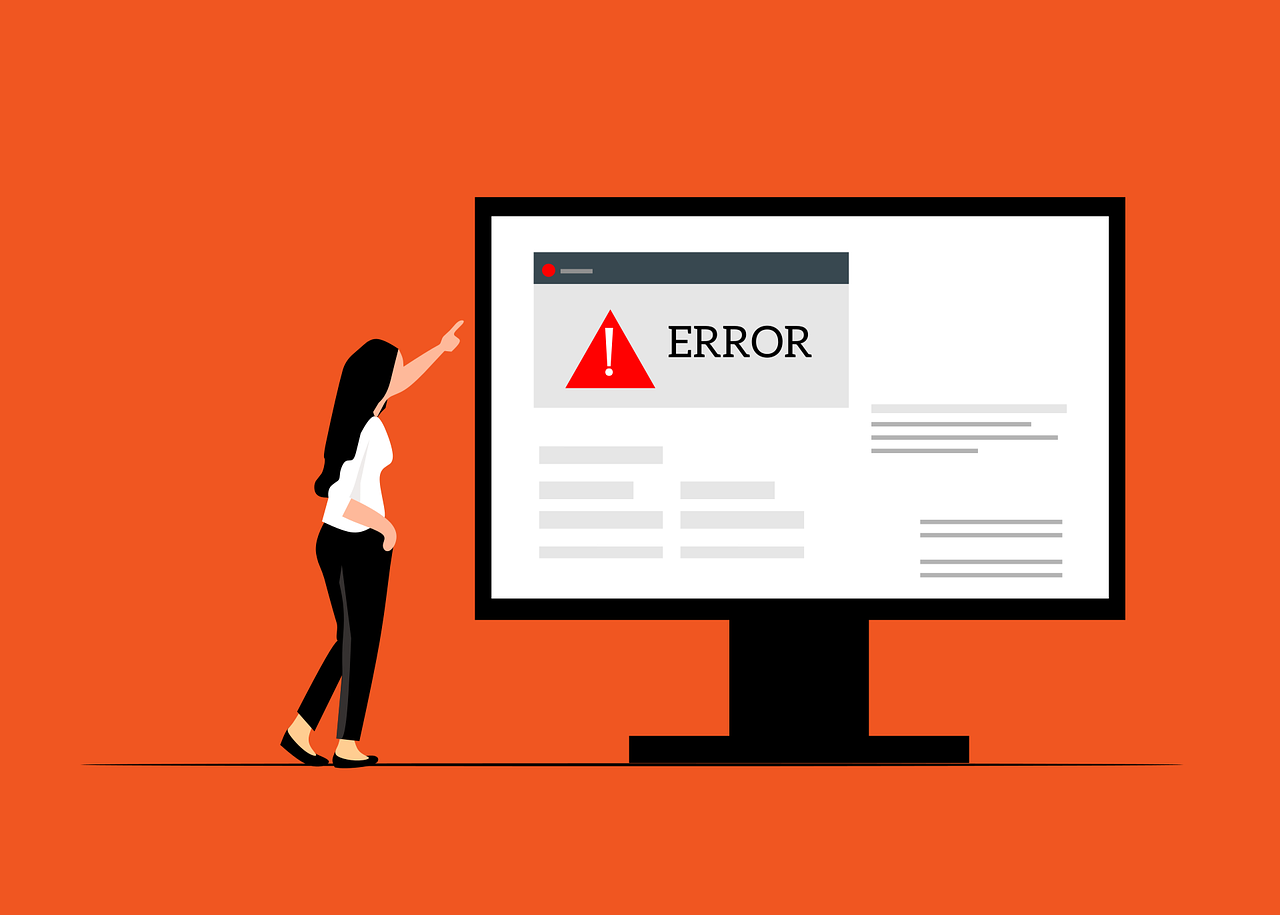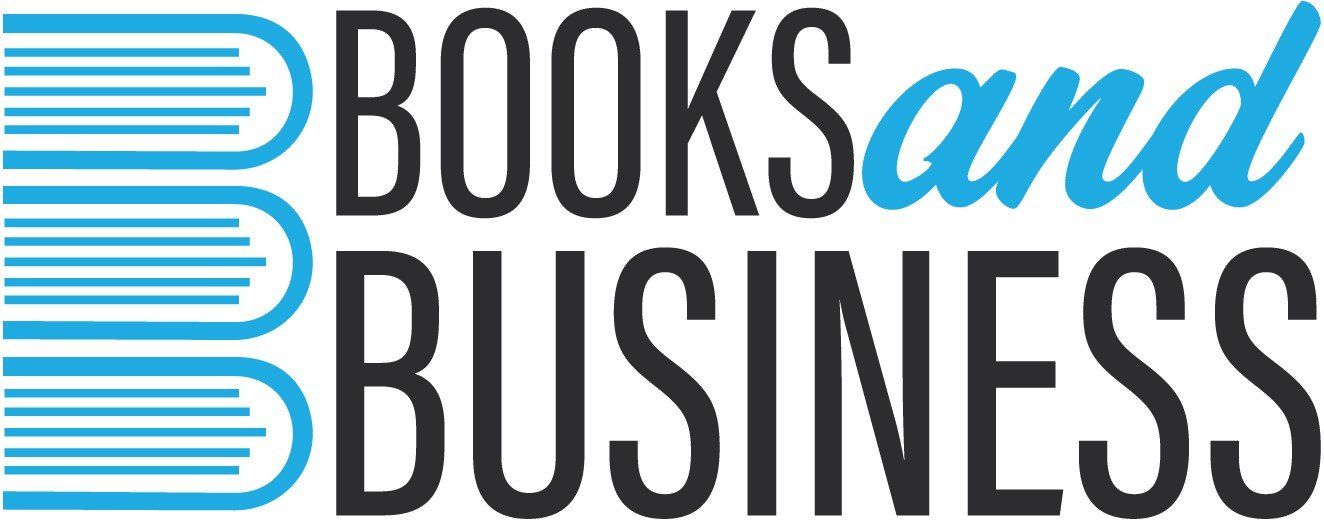Plans for ID verification from Companies House
Starting in early 2025, Companies House will begin rolling out new identity verification requirements for company directors and persons with significant control (PSCs). This means that, in the future, before filing information on the Companies House register, directors will need to prove their identity. This change is designed to reduce fraud and improve transparency.
The reforms are part of the Economic Crime and Corporate Transparency Act 2023, which aims to combat fraudulent activity. As part of these reforms, accountancy firms and solicitors registered for anti-money laundering (AML) supervision will be among the first required to comply, starting in early 2025.
By spring 2025, accountants and other professional service providers, who are registered for AML supervision, will be able to become authorised corporate service providers (ACSPs). This means they’ll be able to help clients verify their identities and pass that information on to Companies House.
By autumn 2025, these new ID verification requirements will be mandatory for new directors and PSCs when setting up a company or making new appointments.
If your business already exists, you will have a 12-month transition period until autumn 2026 to ensure your directors and PSCs comply with these requirements when your next confirmation statement is due.
This is a significant change, therefore it’s important to stay ahead of these requirements to avoid any disruptions to your business.




